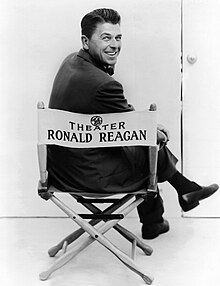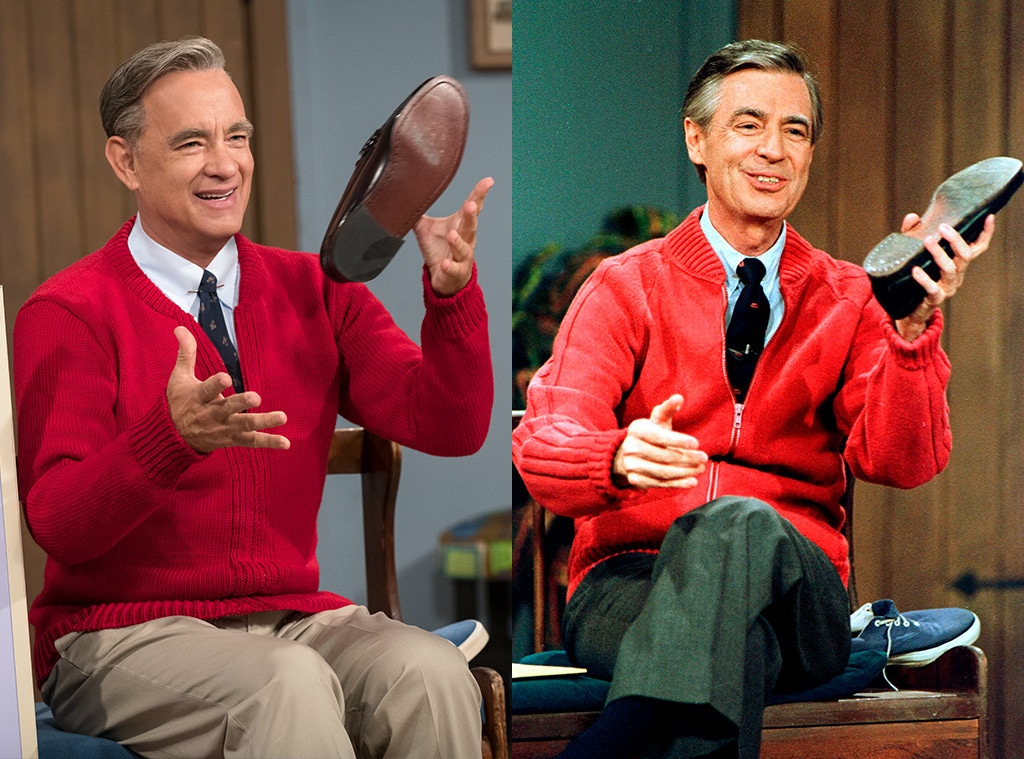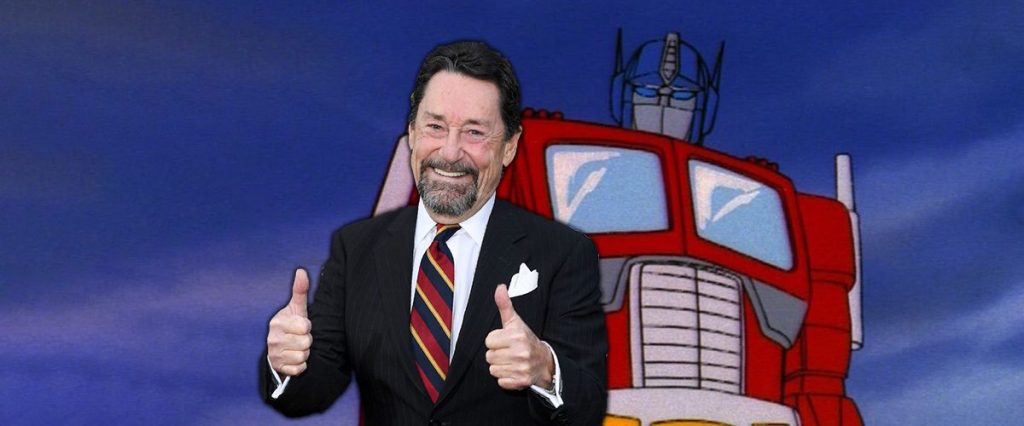You’ve all read the title of this post, and you can probably all see the picture of Tom Hanks in the promotional image at the top of the page as well, and there’s a good chance you’re scratching your head over where I’m going with this. At the time of writing I’ve managed to keep my plans for this topic secret even from my own family (whom I love to brag about my writing to) so the only one with the slightest idea what I’m planning is me, and even then I’m making up a portion of this as I go along. Not having a solid plan and deciding to talk about politics is a foolproof decision which clearly can’t backfire in any way, shape, or form in the cesspool of the 21st century internet. Anyway, some of the questions you might be asking yourself right now might include whether or not the famed actor Tom Hanks has expressed an interest in chasing the Oval Office, what party he’s backed by, and why I’ve decided to write about politics after repeatedly saying I won’t for the better part of the past four years. To answer the first and second questions no, Tom Hanks hasn’t been running a campaign behind your back and as a result he hasn’t been endorsed by a political party as a presidential hopeful. As for why I’m breaking my no politics rule to promote a candidate with no campaign, it’s partially for the fun of messing around with such a serious topic in a way that is extremely unlikely to come back and bite me no matter who wins in November. My original intent was just to use this post as a chance to mock what the political system of America has become in the year 2024, but as I worked on the rough outline for what I was going to say I noticed something. Once I got past the initial absurdity of nominating a gag candidate I realized Tom Hanks could actually be an ideal fit for the presidency, and like Archimedes running naked through the streets of Greece shouting “eureka!” I just had to share my ideas with the world.

One of the biggest things Tom Hanks has going for him that I think makes him a nearly-ideal candidate is his reputation. The man’s been an actor since 1977 and hasn’t been involved in any scandals, which based on the controversy surrounding most of the big names in Hollywood should automatically qualify him for sainthood. Everybody likes Tom Hanks, and everybody knows who Tom Hanks is. Being recognizable is an important part of being a public figure. It makes it easier for people to know who to pay attention to when they’re on the news or making a speech, and to a certain extent I believe it matters at the polls with quite a few people. Some people hardly pay attention to politics, and rather than voting based on the issues they may or may not vote based on whose name they recognize. Like I said, everyone knows who Tom Hanks is. The average person is certainly more likely to know his name than the name of some candidate who represented a state on the opposite coast from theirs in the senate. Being recognized by the voting public is just one benefit of Tom Hanks’ reputation. Tom’s a movie star in the 21st century, which means his face and all the movies he’s been in have been exported around the world. On top of being good, Tom Hanks’ reputation is global. Whether we send him to speak at a peace conference in Sweden or to negotiate a deal for Taiwanese microchips there’s a good chance the news in that part of the world would pay attention to him based on star factor alone. People in other countries would recognize America’s president whether they cared about foreign politics or not, and they’d listen to what he had to say. They probably wouldn’t know much about him as a person, sure, but they’d associate him with all the roles he’s played on the silver screen. This would be to the USA’s advantage because aside from one or two exceptions Tom Hanks has never played a villain. Who do you think foreign powers would be more willing to make a deal with, any of our current presidential hopefuls or the man who played Mr Rogers? For that matter, can you imagine a situation where Tom Hanks could steer you wrong?

You might argue that Tom Hanks only seems like a great choice because he plays so many of that kind of character in the movies. He’s portrayed great leaders, devoted soldiers, captains in times of crisis, and one of the most beloved figures in the history of public television, but that doesn’t say anything about Tom Hanks himself. Actually it says a lot about Tom Hanks, specifically that he’s great at acting like the kind of leader that will get you out of a bad situation, no matter how grim the circumstances might be. Can we elect someone to a position of leadership that oversees the direction of the free world just because they’re good at pretending to be qualified while the cameras are rolling? In response to that question I must point out that pretending to know what you’re doing while cameras are aimed your way is a pretty solid chunk of what politicians do. When something awful happens the president stands in front of the press and tries their best to convince the nation that there’s nothing to worry about and that we’ll get through this together. We want our presidents to put us at ease, to look confident and unworried in the face of an uncertain world. They read speeches written for them by professionals and projected on teleprompters and have experts on matters of diplomacy and policy give them relevant information before talking with foreign dignitaries and lawmakers. Actors have scripts written for them by professionals and often consult experts when researching a role. The skills honed by a successful career in acting are a great fit for a career in politics. You have to make an audience believe what you’re saying, speak confidently as well as clearly, and hide whatever actual opinions or doubts you have on the subject matter behind your performance. As I just mentioned in passing most of the details behind policy and running the country are made with the input of experts and advisors, not to mention the cabinet, the Supreme Court, and state-level government. This means that Tom Hanks not knowing about being a politician or having experience in that field isn’t a deal breaker. No one gets elected to the office of president knowing how to be a president, unless you count reelections. Even then I doubt that the first four years in office and the second term will be similar enough that there won’t be any new lessons to learn. Everyone’s presidency is at least partially held together by the POTUS acting like they know what they’re doing. Since that’s the case, why not bring in someone who’s a professional actor and plays a lot of great leaders?

One of the biggest hurdles standing in the way of Tom Hanks being the perfect candidate (other than his lack of stated interest in the job or his honorary Greek citizenship) is his lack of party affiliation. Some people seem to think that unless the Democrats or the Republicans give a candidate a thumbs-up they’re doomed to failure. If that were the case you’d think there’d be less talk about third parties this year. A system where there’s only two options and no one’s likely to switch their vote isn’t something we need campaigns to decide or political ads to influence; all you need at that point is a coin toss in the White House front lawn and we could get things done in a weekend. Our political system is meant to have more nuance than that, while also being something the populace understands well enough to have a shot at influencing its outcome. You might scoff and say that America’s never managed to live up to that ideal and we’ve always been a two-party system where compromising on candidates is necessary, but the truth is that’s not true. History’s full of politicians who bucked the trend of aligning with existing parties or remaining content with a bipartisan system, and quite a few of them managed to pull off real victories.
- George Washington wasn’t part of a political party and thought they were trouble in the first place. We then ignored his advice and ended up partying up anyway. If he was here today, he might say “I told you so”, but he’d probably be more focused on getting dentures made without hippo ivory.
- Abraham Lincoln was the first Republican president from back when they were a third party that took the place of the older Whig party when they became split on the highly polarizing issue of slavery. The Whigs were absorbed by the Republicans and Democrats depending on their stances on the issue and no one seems upset in the present era that they broke up.
- Teddy Roosevelt went independent when the Republican Party picked Taft for their nominee, forming the Bull Moose Progressive Party in 1912. This party was deeply tied to ideals of reform, radical-liberal ideals ( in the sense of the 20th century, so basically direct election of senators and safety regulations for the working class). He didn’t win, but he did outperform Taft in the popular vote.

The only thing that says a third party or outsider doesn’t have a shot in an election is the fear that a split vote weakens the party whose candidate you dislike the least. A Republican might not like Trump, but if they don’t vote for him then Biden wins and the country will explode. A Democrat might not like Biden (or Harris, depending on how the old man’s health fares), but they would vote for anyone if it meant keeping Trump out of the White House. This mindset leaves us in a place where no one is happy but we’re not allowed to admit it to other members of our political party because then it sounds like we’re traitors to the cause. I don’t like pie aside from chocolate pie, and that’s rarely as common an option as a pie with fruit in it. If there’s a person telling me to pick between cherry pie and apple pie and I won’t be happy with either one, I can either pick the one I hate the least and grumble to myself while eating dessert or I can be productive and try to change things so there’s more options. Tom Hanks or some other person who actually wants the presidency may not have the backing of the two main parties, but if I think they’d do a better job than oldie mcGee or the ongoing legal spectacle currently running I should be able to vote for them. None of this would be a problem if we practiced ranked voting, a system where you rank the candidates on your ballot from most favored to least. That way if one candidate wins the majority as the first choice they get elected, but if there’s no majority it eliminates the candidate with the fewest first-choice votes. If a ballot’s first choice was eliminated in the first round, their second choice is used. This way even if your main candidate loses it’s not over and you still get a say in who gets elected. Both Democrats and Republicans have tried to block ranked-choice voting in the past because their candidates do better when they get to play at being the lesser of only two evils, but the movement to implement it is growing in strength. Look, I know that I’ve thrown a lot of information at you about voting, the role of the president, and the history of third parties, but the point I’m trying to make here is that I don’t like either of the candidates in this election. Unless something really big changes I might be tempted to just write in a candidate and hope for the best, because a choice between two bad options is no choice at all. If I do decide to throw my vote away, I could do a lot worse than voting for Tom Hanks. Maybe it’ll start something?

